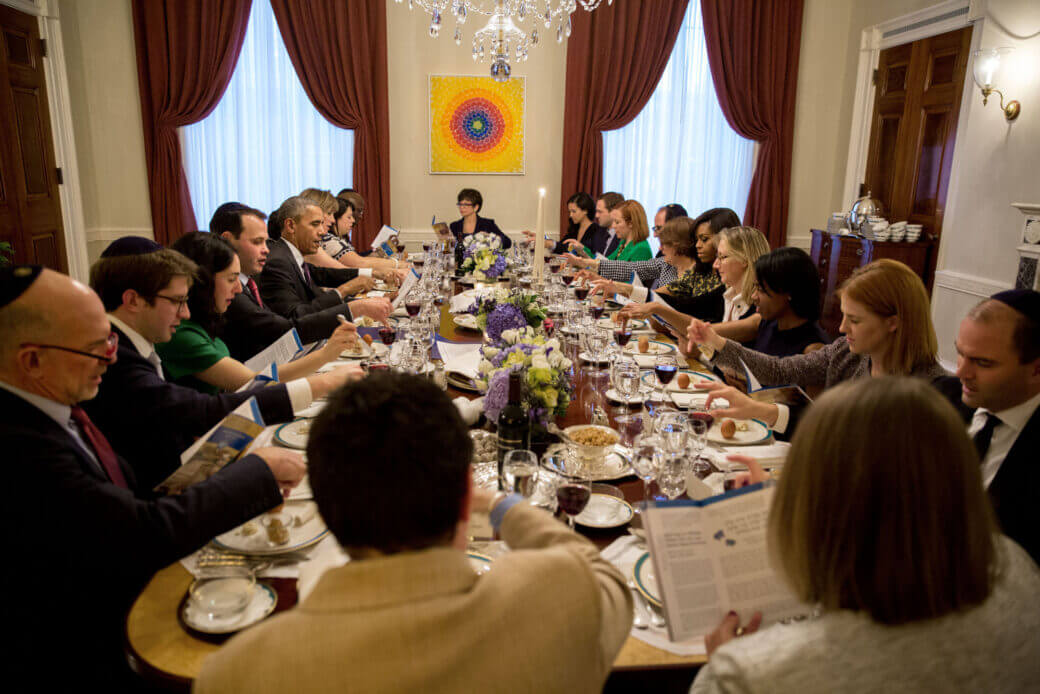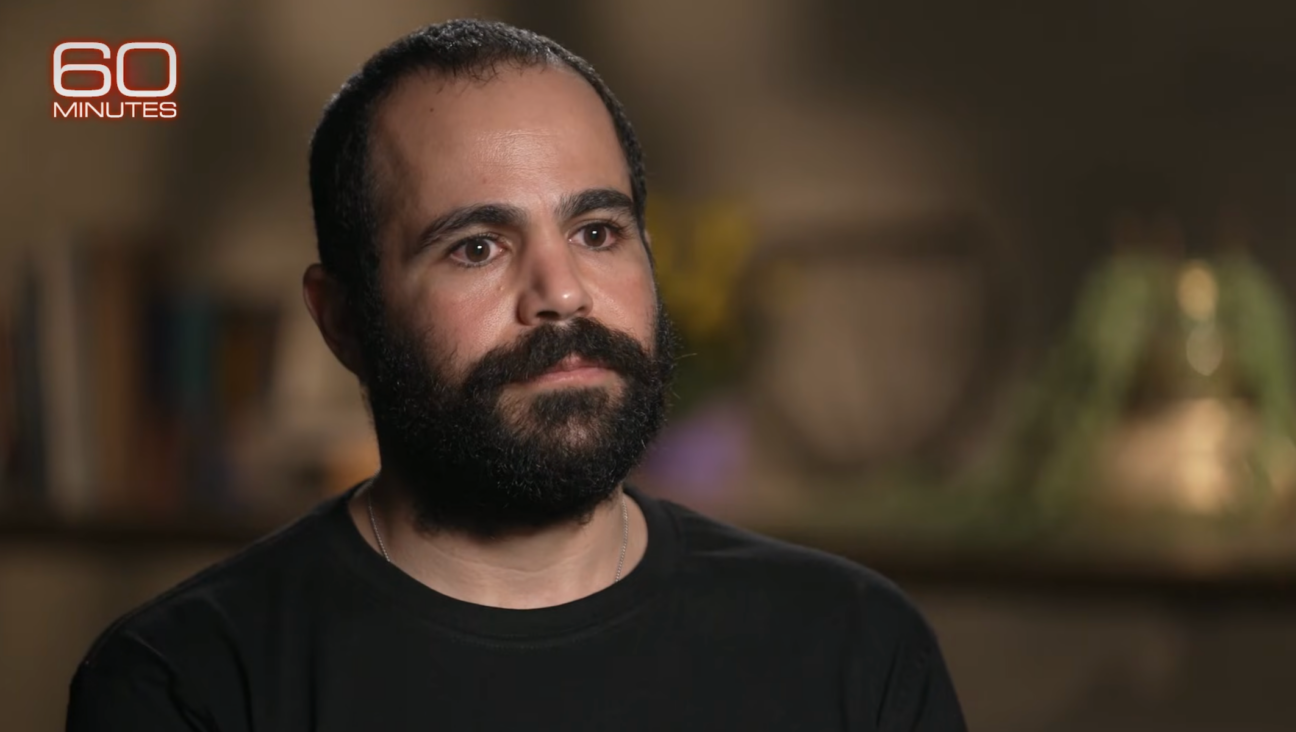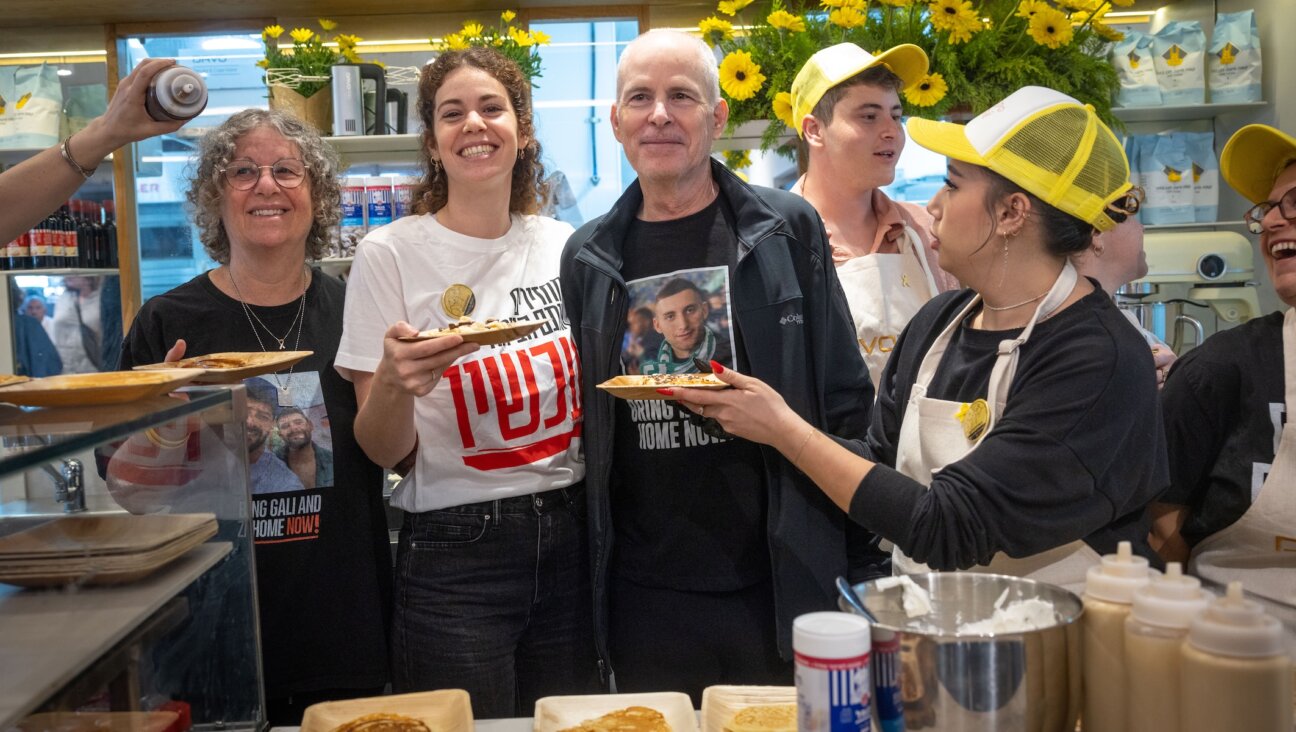The Songs of a Wandering People

Image by beatrice alemagna

Image by beatrice alemagna
When the joint Catholic monarchs of Spain, Isabella I of Castile and Ferdinand II of Aragon, ordered the expulsion of Jews from Spain on March 31, 1492, they probably wouldn’t have cared to know that they were helping to create one of the most remarkable musical traditions the world has ever known. Of course, the Jews being forced from their homes after centuries of peaceful coexistence and artistic collaboration with the Muslims of Spain wouldn’t have found much comfort in this development, either. But more than 500 years later, we can celebrate the incredible cultural diversity and influence that has become a vital attribute of a continually persecuted wandering people.
A recently released collection of children’s music, “Songs From the Garden of Eden,” shines a warm light on this unique history of inspiration and adaptation. It also makes a splendid teaching tool for parents interested in showing their children that Jewish folk music doesn’t always involve Debbie Friedman. The songs it includes — mostly lullabies, nursery rhymes, and other verses of folklore and ritual — are alternately sung in Hebrew, Yiddish, Judeo-Spanish and Arabic, and dig through Jewish traditions from Asia to Africa to the whole of Europe. As “Songs” demonstrates, these disparate civilizations share at least one significant bond: They all, at some point, have inspired and been inspired by the culture of Judaism.

Image by beatrice alemagna
Of course, not all of the 28 songs found on this collection, which was released by the French-Canadian label The Secret Mountain (complete with a beautiful book of illustrations and annotations of each song) derive from the aftermath of the Spanish Inquisition. Some, like the album’s opener, “Bibhilou,” are ancient Hebrew hymns linked to liturgical rites and the hardships of slavery in Egypt. Others, like “Erev shel Shoshanim,” were penned by contemporary Israeli poets and children’s authors (in this case, Moshe Dor), and will likely sound familiar to any child who has spent even a day in a Western Hebrew school.
But the gems to be mined from “Songs From the Garden of Eden” are those that will sound alien to the Western ear, Sephardic and Ashkenazic alike. They hail from a number of nations, including Spain, Morocco, Turkey and Poland, and are the bittersweet fruits of an enduring tree that was constantly uprooted and replanted around the globe, following the Iberian expulsion. The second song on the album, the Bulgarian chant “Alevanta Sultanatchi,” features an irregular nine-beat rhythm, a buoyant bass line and the rigorous vocal trills associated with Middle Eastern and West Asian music. The song is performed in Judeo-Spanish (which spread to the urban centers of the former Ottoman Empire, northern Morocco and Vienna, after the expulsion) and is set in the Balkan hammams (or baths), in which women gathered to wash their clothes and arrange marriages.
Elsewhere, as in the Judeo-Spanish “Tchiko Ianiko,” the wealth of Jewish cultural experience is blended into a beguiling potion of flamenco guitars, accordions and a bouzouki, a traditional Greek-stringed instrument. Indeed, the list of exotic instruments employed across this set of songs — including daf, riqq, darbouka, udu, cajon, pandeiro and guimbarde — will send most American listeners to the dictionary. But any puzzlement should serve to unite parent and child in a lesson on what amounts to the soundtrack of Jewish nomadicism through the ages. They’ll be helped immeasurably by Nathalie Soussana, who assembled this album and offers adroit introductions to the songs, all of which come with translations from their original languages and with brief synopses. (One gripe: A more specific listing of who is playing which esoteric instrument on each song would have been a good idea.) Each track is enhanced by a stunning illustration by Beatrice Alemagna, whose lush, vibrant style recalls that of Eric Carle (“The Very Hungry Caterpillar”) and Clement Hurd (“Goodnight Moon”) — artists whose images remain with young readers into adulthood.
If there is a unifying instrument on “Songs From the Garden of Eden,” it is the imperfect yet always affecting child’s voice. Nearly all the songs here are sung by children, an aesthetic choice that may not lift the selections to the peak of artistry (and may even become a bit grating to parents after repeated listens), but will offer young listeners a friendly invitation into what may be unfamiliar sonic territory. Therein lies the great utility of this catalog of songs: It is, for the most part, by children and for children. They are Jewish, and they are citizens of the world.
Matthew Oshinsky is an editor at the Newark Star-Ledger. He lives in Brooklyn.
The Forward is free to read, but it isn’t free to produce

I hope you appreciated this article. Before you go, I’d like to ask you to please support the Forward.
At a time when other newsrooms are closing or cutting back, the Forward has removed its paywall and invested additional resources to report on the ground from Israel and around the U.S. on the impact of the war, rising antisemitism and polarized discourse.
Readers like you make it all possible. We’ve started our Passover Fundraising Drive, and we need 1,800 readers like you to step up to support the Forward by April 21. Members of the Forward board are even matching the first 1,000 gifts, up to $70,000.
This is a great time to support independent Jewish journalism, because every dollar goes twice as far.
— Rachel Fishman Feddersen, Publisher and CEO
2X match on all Passover gifts!
Most Popular
- 1

Film & TV What Gal Gadot has said about the Israeli-Palestinian conflict
- 2

News A Jewish Republican and Muslim Democrat are suddenly in a tight race for a special seat in Congress
- 3

Fast Forward The NCAA men’s Final Four has 3 Jewish coaches
- 4

Culture How two Jewish names — Kohen and Mira — are dividing red and blue states
In Case You Missed It
-

Books The White House Seder started in a Pennsylvania basement. Its legacy lives on.
-

Fast Forward The NCAA men’s Final Four has 3 Jewish coaches
-

Fast Forward Yarden Bibas says ‘I am here because of Trump’ and pleads with him to stop the Gaza war
-

Fast Forward Trump’s plan to enlist Elon Musk began at Lubavitcher Rebbe’s grave
-
Shop the Forward Store
100% of profits support our journalism
Republish This Story
Please read before republishing
We’re happy to make this story available to republish for free, unless it originated with JTA, Haaretz or another publication (as indicated on the article) and as long as you follow our guidelines.
You must comply with the following:
- Credit the Forward
- Retain our pixel
- Preserve our canonical link in Google search
- Add a noindex tag in Google search
See our full guidelines for more information, and this guide for detail about canonical URLs.
To republish, copy the HTML by clicking on the yellow button to the right; it includes our tracking pixel, all paragraph styles and hyperlinks, the author byline and credit to the Forward. It does not include images; to avoid copyright violations, you must add them manually, following our guidelines. Please email us at [email protected], subject line “republish,” with any questions or to let us know what stories you’re picking up.














